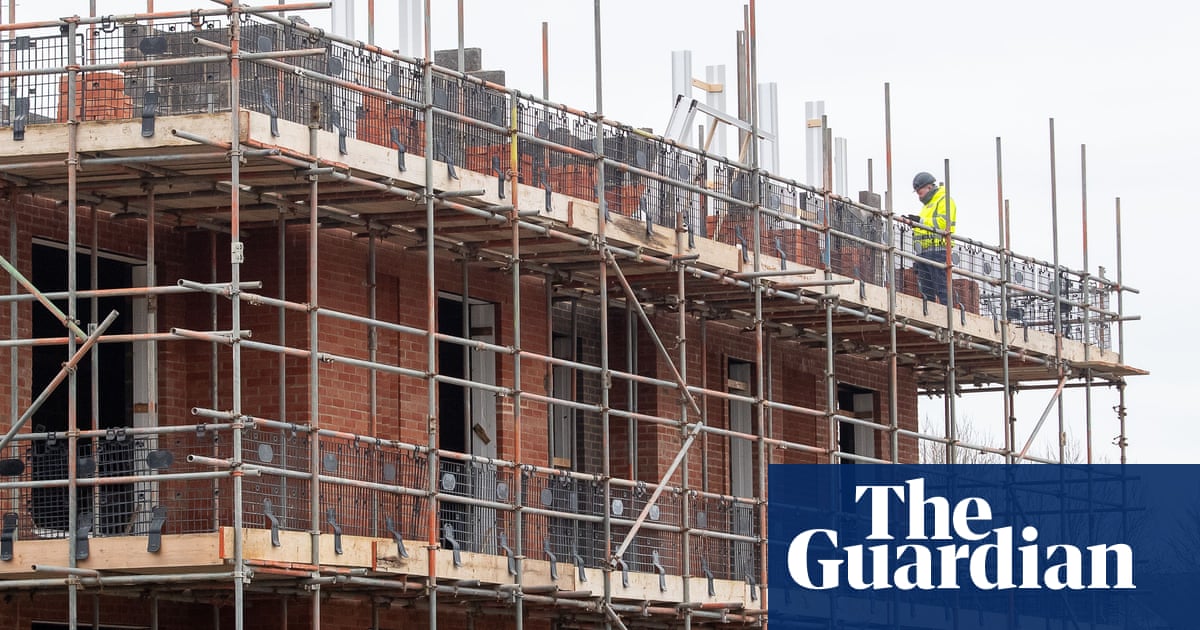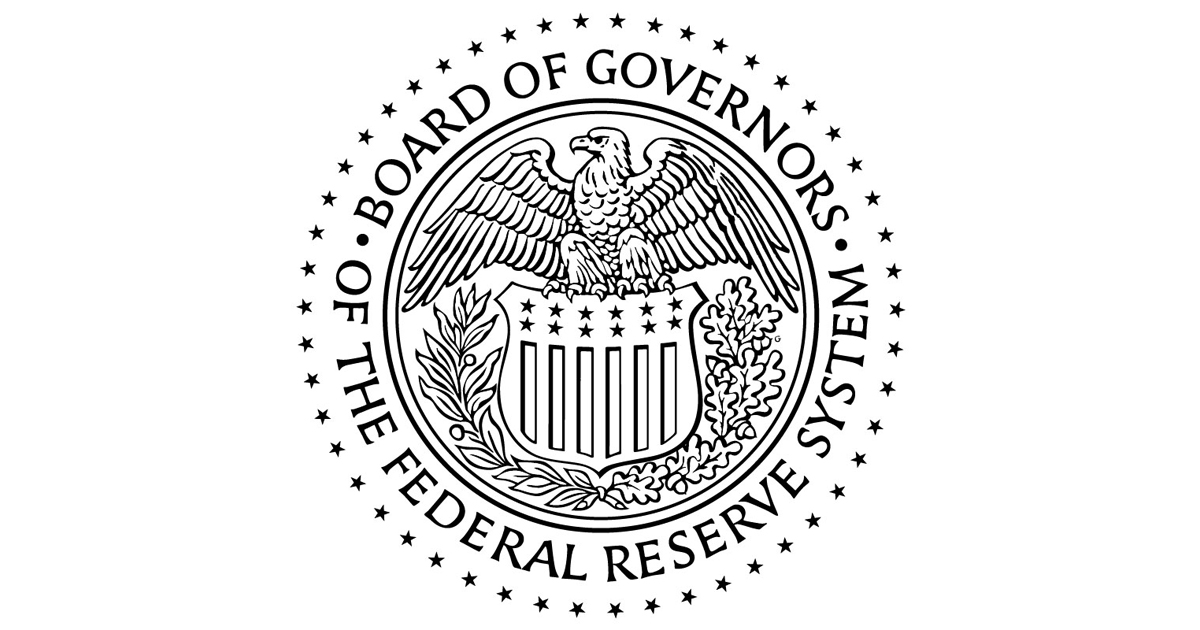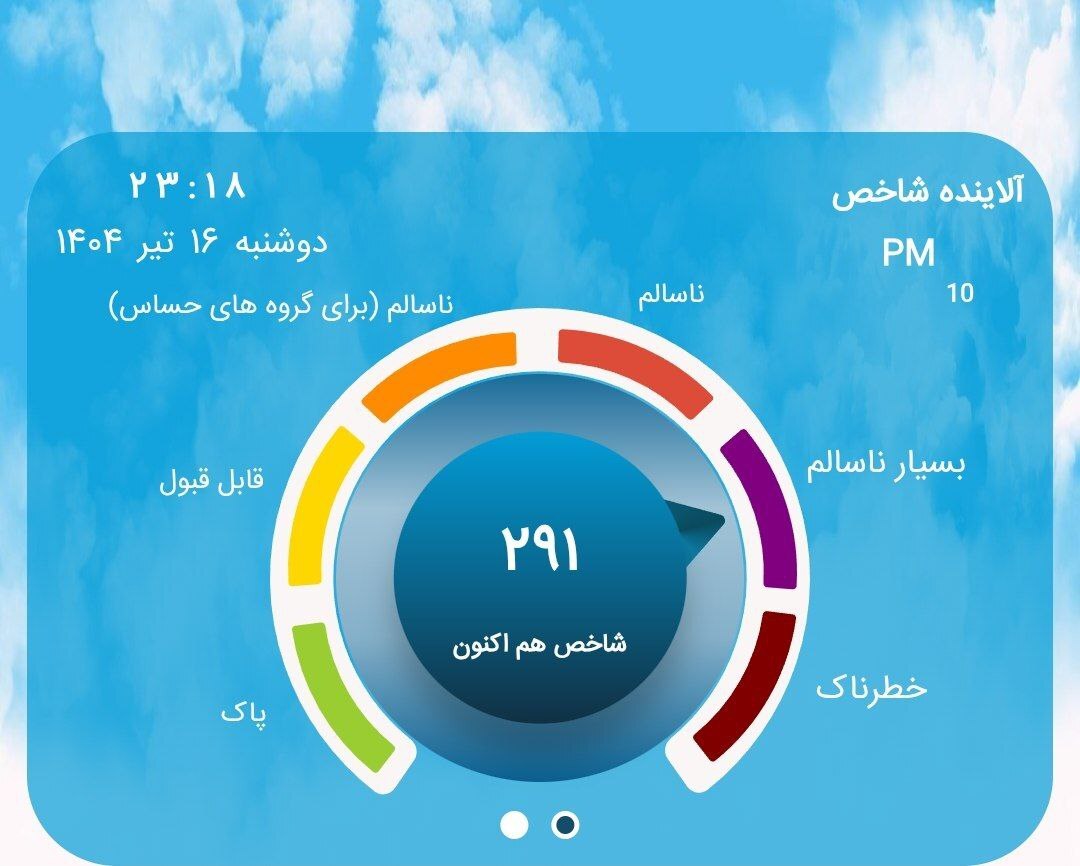A sign is posted in front of a home for sale in San Rafael, California, on Aug. 7, 2024.
Justin Sullivan | Getty Images
Over-inflated home prices, high mortgage rates, rising supply and falling demand are all joining forces to cool the nation's housing market.
Annual home price growth in June was just 1.3%, down from 1.6% growth in May and the slowest rate in two years, according to ICE, a mortgage technology firm.
Nearly one third of the largest 100 markets are now showing annual price declines of at least a full percentage point from recent highs, and the trend suggests more markets will do the same. Single family home prices were up 1.6%, while condominium prices were down 1.4% nationally.
Get Property Play directly to your inbox
CNBC's Property Play with Diana Olick covers new and evolving opportunities for the real estate investor, delivered weekly to your inbox.
Inventory has been rising steadily over the past year, up 29% in June compared with the same month last year. The gains, however, began slowing this past spring. The average rate on the 30-year fixed mortgage has hovered in the high 6% range for most of this year, double what it was during the early days of the pandemic, when home prices initially took off.
"There are two competing forces in the housing market right now," said Andy Walden, head of mortgage and housing market research at ICE. "Increasing inventory levels are helping to make homes more affordable, but prices are falling in an increasing number of markets and homes are taking longer to sell, which could make homeowners reluctant to list."
Regionally, prices are still seeing big gains in the Northeast and Midwest. They are softening in the South and West. Cape Coral, Florida, saw the biggest decline, with prices down just over 9%. Austin and Tampa are also seeing price declines, as are seven of the 10 major markets in California.

 4 hours ago
1
4 hours ago
1






















 English (US) ·
English (US) ·